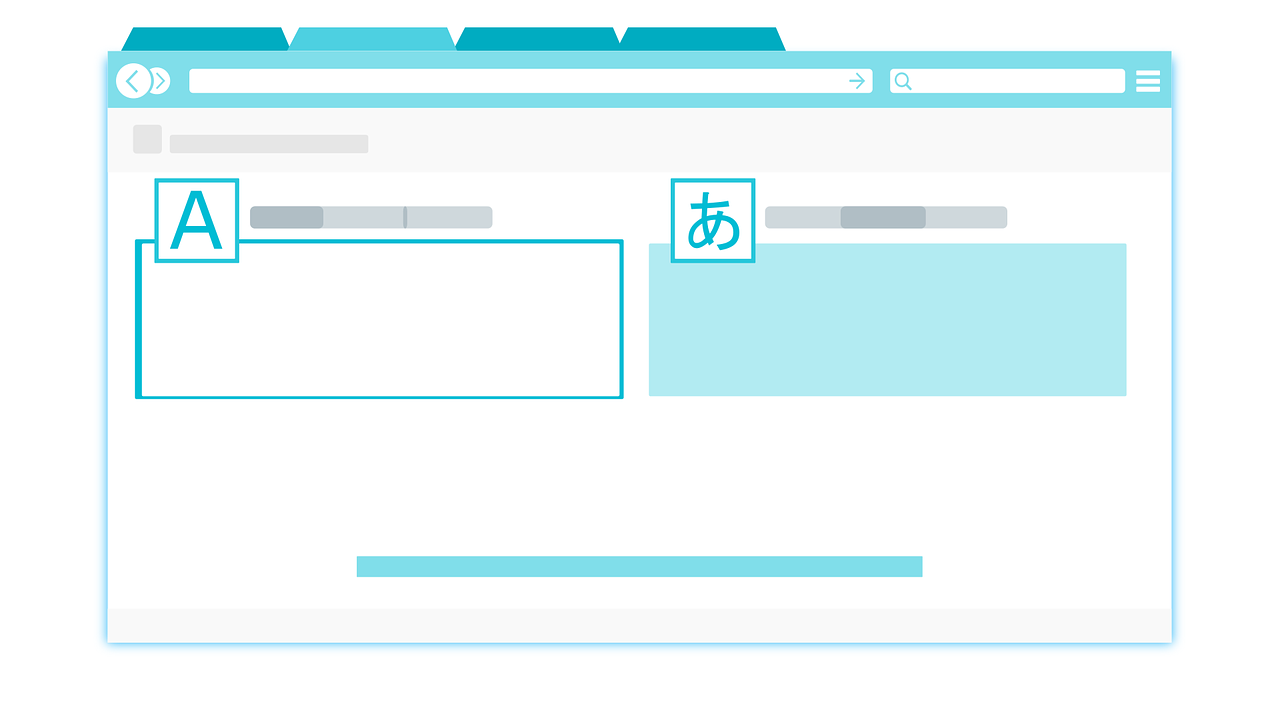Higher education is no longer about just degrees and qualifications. More and more students are looking to secure exposure, experience, and advantages. This has given rise to some great universities who have started offering Medicine degrees for students.
The islands in West Indies famously referred to as the Caribbean is slowly emerging as a top choice for students looking to pursue a career in medicine. Students are taking their abroad studies to the next level by taking up courses at some of the most exotic universities in the world.
Why look at Exotic Destinations for Medical Degree Courses:
One major regret that most students speak of after completing their studies is lack of traveling. Even though they end up studying at some of the best colleges, they miss some prime traveling years.
There is also a steady rise in students who are not afraid of going after uncharted territories. Their main purpose in life goes beyond mere education. They want to discover who they are. They also want to explore diverse cultures, customs, and practices.
This holistic development of a young mind is also being encouraged by educational experts and counselors. By falling in love with not just the university or school, but also the place in which it is situated, a student can develop himself better.
There is also a great demand in the industry for students who have pursued their academic qualifications in outside universities. It is common knowledge that they are widely respected and their expertise is in great demand to post the completion of their degrees.
The Caribbean Islands is slowly emerging as a center for quality education, for students all over the world. Many students from European and Asian countries are opting for study courses in the Caribbean Islands, especially around universities in St.Kitts.
What are the Hallmarks of the Best Medical School?
There is a misconception that Medical Schools in the Caribbean cannot boast of quality teachers. This is far from the truth. Because of their global outlook, universities in the Caribbean attract some of the finest educational minds in the world.
In fact, if you will go through their Faculty Pages, you will see teachers that have completed their education in some of the best universities in the world. Therefore, in terms of quality, it is very difficult to point a finger at them.
As compared to other medical schools, which do not have adequate set up for real-world training, universities in St. Kitts come fully equipped with their own hospitals. This makes the students take on the experience of working in real situations and with real patients.
The Course Material is demanding, rigid and commands a high level of diligence and attention. If a student is not serious, he or she is sure to drop a year, as the authorities are very strict when it comes to promoting students.
The best universities are truly global in character. This means that they not only attract teachers but also students from different countries in the world. In addition, the Best Caribbean Medical School has its students go out and perform as doctors in different parts of the world. You can see pass-outs practicing in different countries like USA, Canada, UK, India and elsewhere.
Lastly, a Medical School cannot only be a center for churning out professionals. It also needs to create better human beings. This is where the location of Caribbean islands becomes such an interesting proposition. By being surrounded in the most exotic natural beauty, students have an opportunity to explore a life beyond the confines of the university.
Conclusion:
Selecting a medical school for higher studies cannot be just about your educational qualification. It always needs to be much more than that. A University needs to contribute to an individual’s holistic development.
More students across the world are looking to pursue higher education in exotic destinations. This is because they want to have access to not only the best education; they also want to explore their own individuality, different cultures, people and places.
If you are looking to pursue Medical Education from universities abroad, you should definitely explore some great universities in the Caribbean Islands.
Read Also:






















